What I Learned at JP Morgan Healthcare Week
New applications for healthcare AI; women's heath; personalized nutrition; medically assisted weight loss; microbiome therapeutics; Health Tech Nerds.
I spent last week in San Francisco to escape the LA wildfires and attend JP Morgan Healthcare Week. The annual event turns downtown SF into a teeming mosaic of charcoal and navy suits. It can be a bit overwhelming, but it’s a good place to learn and network with other healthcare leaders.
Here’s what I’ll remember from JPM 2025.
“Healthcare AI agents will be tremendous”
One highlight was hearing a talk with NVIDIA VP of healthcare Kimberly Powell and Bill Fera of Deloitte. Powell talked about NVIDIA’s specialized hardware and software platforms for healthcare:
“We tested a pre-surgical agent at The Ottowa Hospital. Everyone has anxiety before surgery. With this solution, patients could use an AI agent that answers any question you have before surgery — when they should stop eating, what kind of anesthesia they’d have, what kind of needles would be used. You’d have a conversation with a friendly avatar.
The study found 100% patient satisfaction. A two-hour appointment was shrunk down to one hour or less. That’s 40 additional nurses — a huge time savings.”
New drug development
Powell and Fera talked about how AI is transforming new drug development.
Deloitte Atlas AI, powered by NVIDIA, harnesses the power of generative AI to accelerate drug discovery by rapidly generating 3D biomolecular structures and predicting drug-to-protein binding.
Powell compared this stage of early drug discovery to “searching for truffles.” Biomedical researchers can use generative AI tools like Alphafold for drug design in the dry lab, to predict multi-optimization properties, before they get to the wet lab. These generative AI tools can reduce the time and cost it takes to develop new pharmaceuticals.
Physical AI
NVIDIA CEO Jensen Huang spoke recently at CES 2025 about moving from generative AI and Agentic AI (taking autonomous action) to a future of Physical AI (manipulating the real world).
Powell talked about how this technology could transform healthcare:
“Hospitals will be digitized, and AI will automate the manufacturing process of GLP-1s and cell and gene therapies. Digital twins will enable faster innovation cycles.”
Regulating Healthcare AI
At the STAT @ JPM event, former FDA commissioner Dr. Scott Gottlieb talked about the FDA’s approach to regulating healthcare AI.
More healthcare providers are using AI tools to do everything from record a patient’s medical history to recommend a course of treatment. Regulating AI tools as medical devices will require manufacturers to go through the FDA’s 510(k) approval process and show their products are safe and effective with sufficient data transparency.
Dr. Gottlieb said:
“If an AI tool provides recommendations to a doctor, and it’s a time-sensitive decision, that becomes a medical device. If an AI tool draws data from multiple streams — imaging, labs, provider notes — then it’s a medical device.”
Jill Biden and Women’s Health Research
In her last week as First Lady, Dr. Jill Biden spoke to a packed room at Fierce JPM about women’s health. She argued that women’s health is underfunded: Only 4% of federal research funding goes to women’s health, and as a result, too much of our medical practice is based on men.
Dr. Biden said:
“I think we’ll finally get answers to things like: Why is my hair falling out? Why can’t I sleep at night? There’s a whole market out there of women just waiting for anything that will help solve their health problems and help them live longer, happier, healthier lives.”
Under the Biden administration, the NIH committed to investing $200 million in research to advance women’s health, on such topics as how menopause affects women’s health, brains, and bones.
I’ve written previously about investment trends in women’s health. Great to see increased attention and funding going toward important women’s health issues.
(Thank you to Fierce Biotech, which gave me a press pass for their two-day event.)
New Medical Treatments for Obesity
The best parts of JPM Healthcare happen far away from the big company presentations — they’re the informal chats that take place at lunches and cocktail events.
I met Raj Reddy at the Fierce JPM luncheon. Raj is President and CEO of Canary Cure, which is developing novel, non-GLP-1 RNA therapies focused on boosting metabolism / energy expenditure to combat obesity.
One shortcoming of GLP-1 drugs like Ozempic and Wegovy is that people on the meds tend to lose muscle as they lose weight. New RNA-based drugs could help people lose weight while preserving muscle mass.
Microbiome Therapeutics
At a McKinsey alumni event, I met Igor Kouzin, chairman of microbiome therapeutics platform company ImBiome. I’ve been hearing buzz about the microbiome as a therapeutic category for years, so I was curious to learn about this company’s approach.
Microbiome therapeutics refers to the concept of using the naturally occurring microbes within the human body, particularly in the gut, to treat diseases by manipulating their composition through interventions like probiotics or dietary changes. The goal is to restore a healthy microbial balance and treat metabolic diseases, obesity, mental health disorders and other medical conditions.
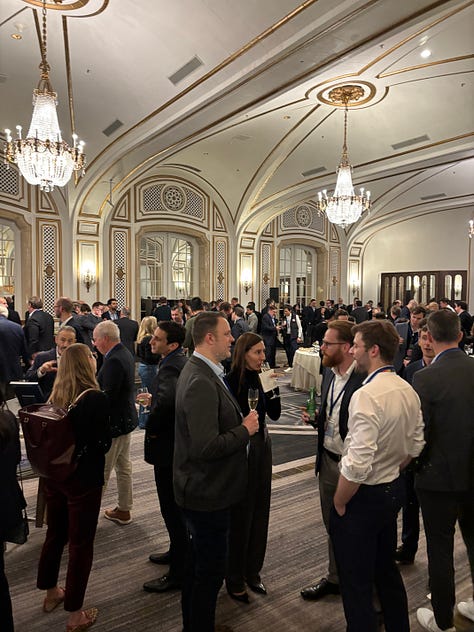

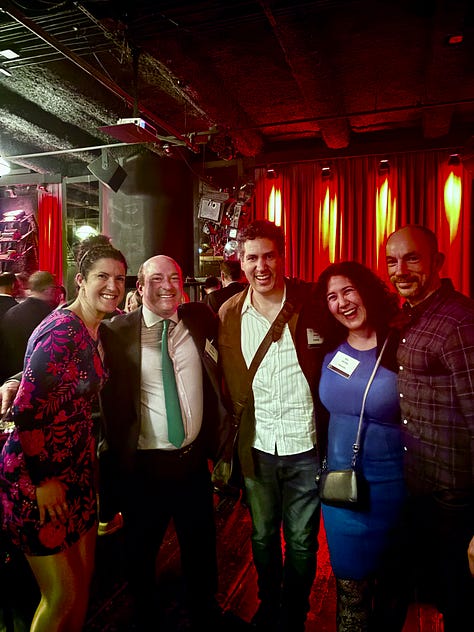
Personalized Nutrition for Athletes
I spoke with Jonathan Lee, founder and CEO of Fuelin, a personalized nutrition tool for competitive athletes. The Fuelin app connects to leading training platforms and creates a custom performance nutrition plan. Fuelin is working with top athletes including members of the US Olympic team.
I haven’t tried Fuelin myself yet, but as someone who loves tracking my workouts and nutrition, I’m excited to see more innovation in this space.
Health Tech Nerds
I’ll share one last thing from JPM Healthcare week. I hosted a meetup there for Health Tech Nerds, a community for healthcare innovators. As someone who’s served as a community manager for years, I’ve been impressed with how this group operates.
Here’s what makes Health Tech Nerds run so well:
Well-defined mission: To connect professionals in healthcare, medtech and digital health and share approaches to healthcare innovation.
Engaged members: The people are generous in sharing their ideas and perspectives, learning about each other and helping support the community.
Moderation & curation: The moderators manage a Slack group with channels for jobs, intros, events, and networking. They send a weekly email digest with summaries of the most interesting chat topics. They host in-person events around the US to facilitate both online and offline connections. It’s a great approach to building community for healthcare professionals.
Thank you for reading this week’s edition of Vitamin Z.
Until next time,
By Daniel Zahler
Hi there and thanks for reading. I created Vitamin Z to share my research on health and wellness, longevity and healthy aging, and ways to optimize cognitive, physical and emotional health. I serve as an advisor to Noom, a leading digital health company, and work with the world’s top healthcare and life sciences companies to develop innovative new solutions to improve health globally. I was trained as a research scientist at Harvard, and I serve as a GLG council member, where I advise global business leaders on healthcare and technology innovation.
Enjoyed your reading experience?
Follow me on LinkedIn and X / Twitter
Hit reply with your feedback and ideas :)
Share this post with others.



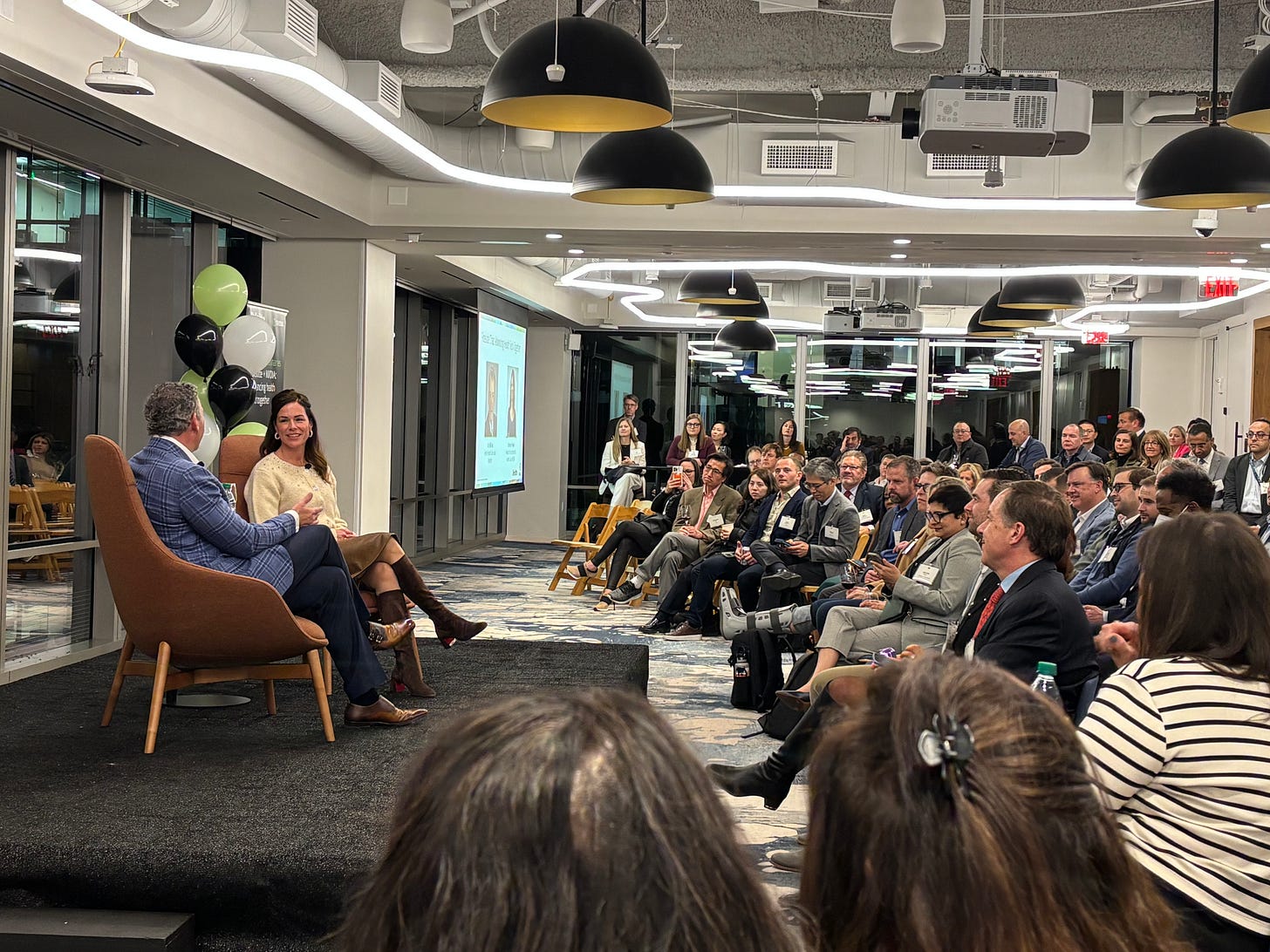

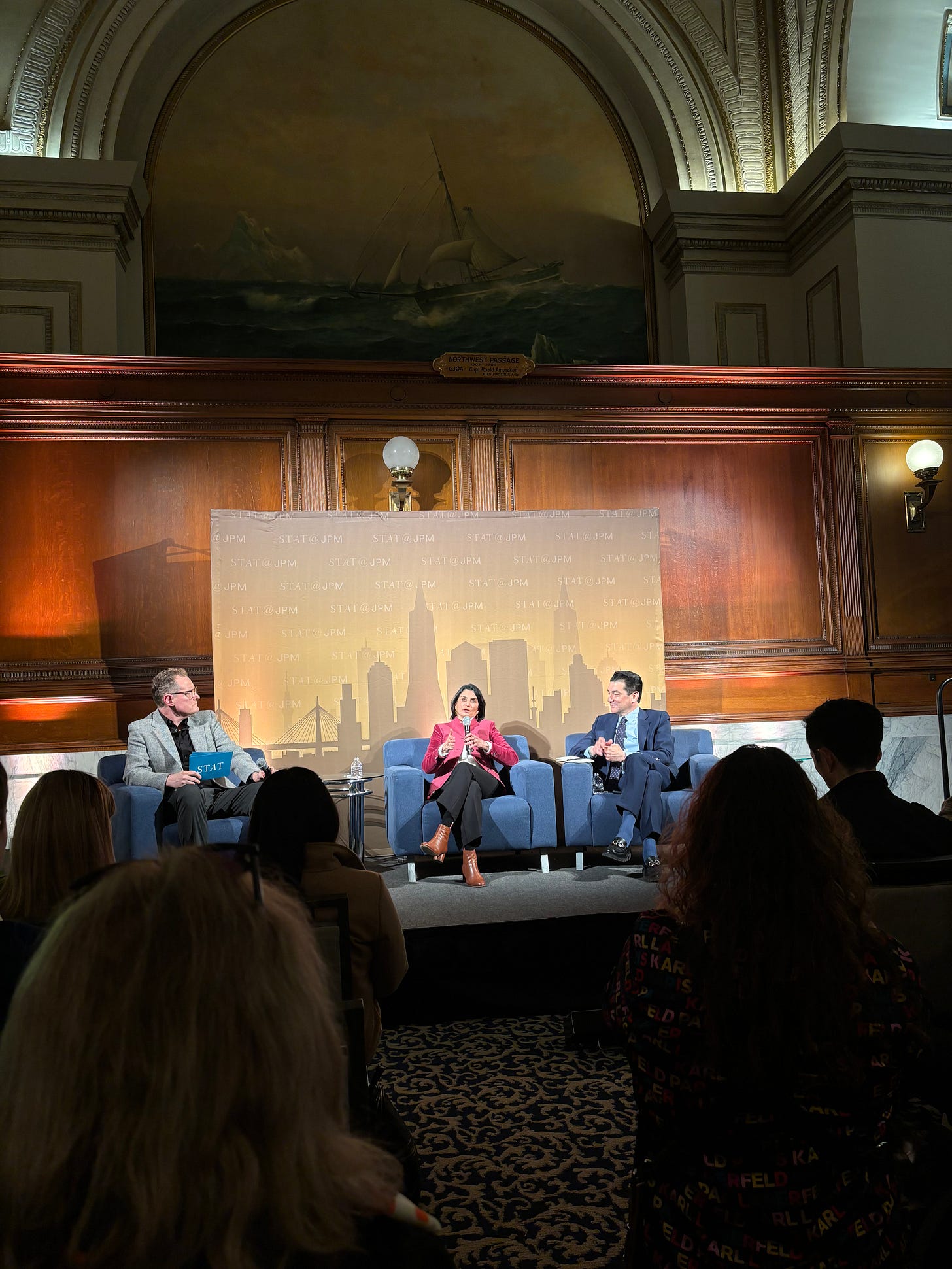
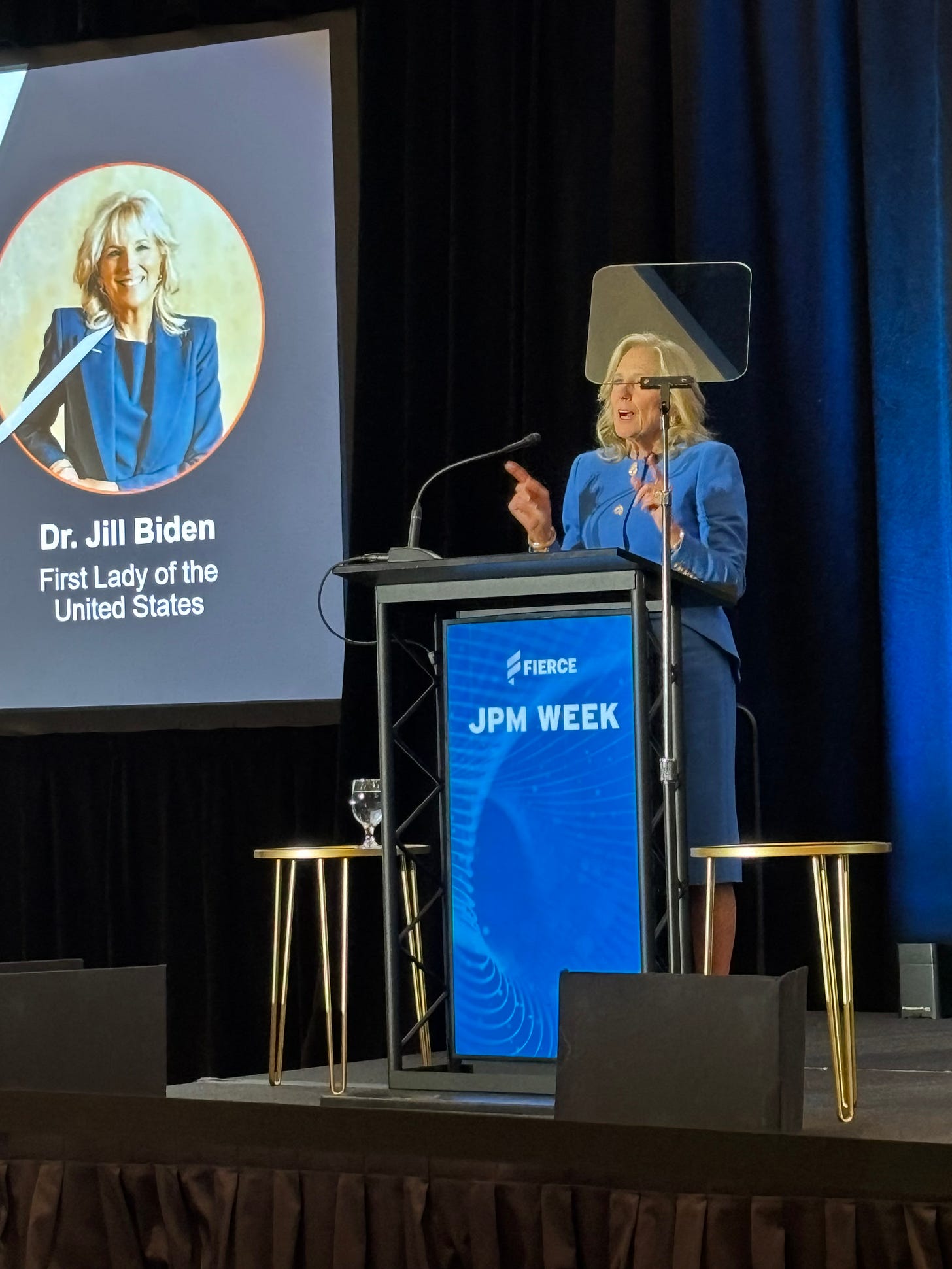
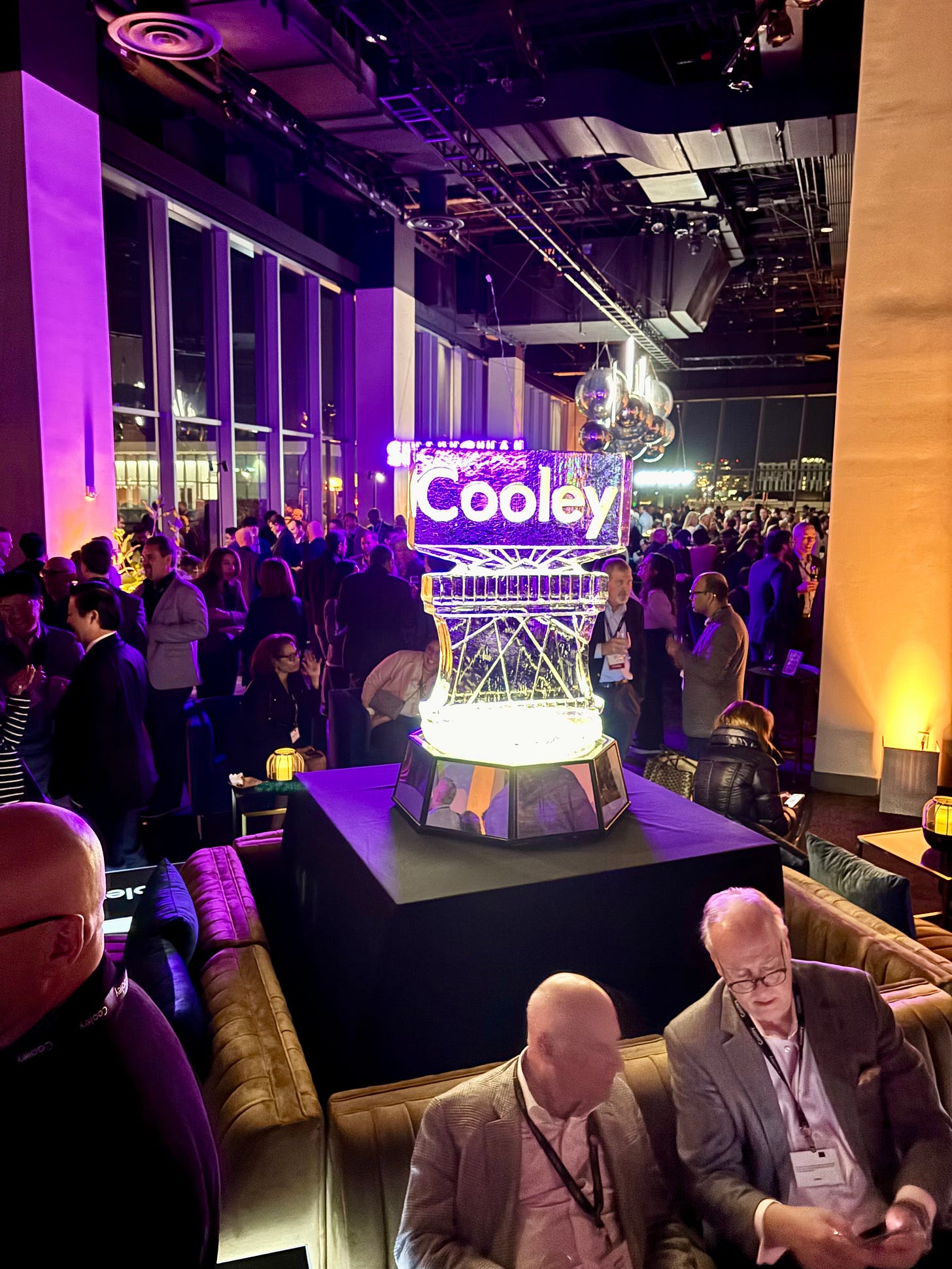


Great post, thank you! On this "Regulating AI tools as medical devices will require manufacturers to go through the FDA’s 510(k) approval process and show their products are safe and effective with sufficient data transparency." - was explainable AI mentioned (i.e. model transparency)?